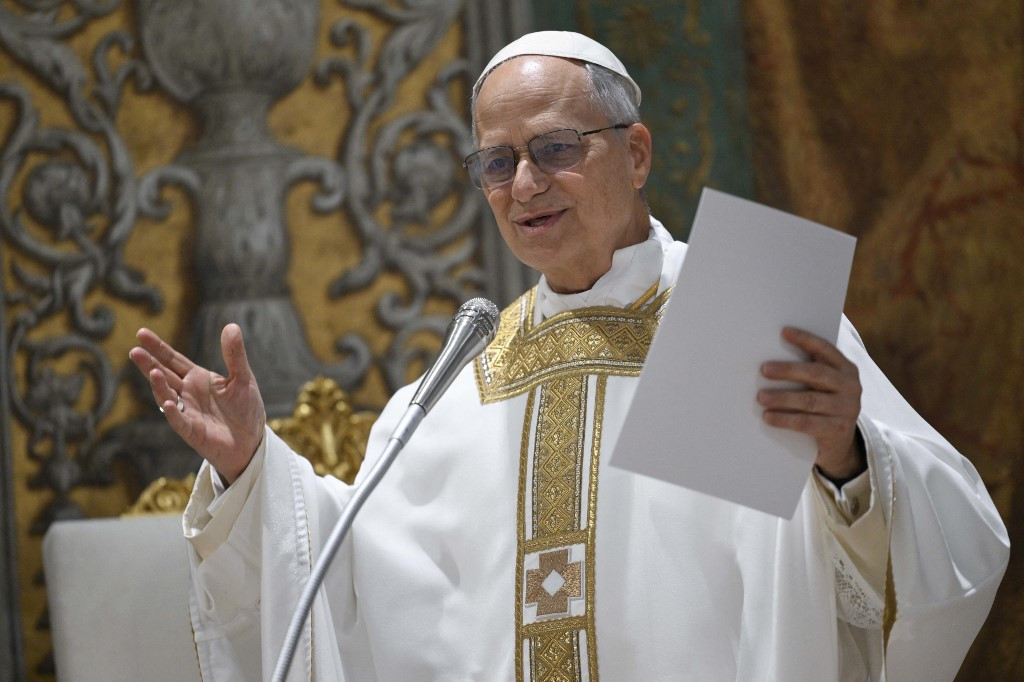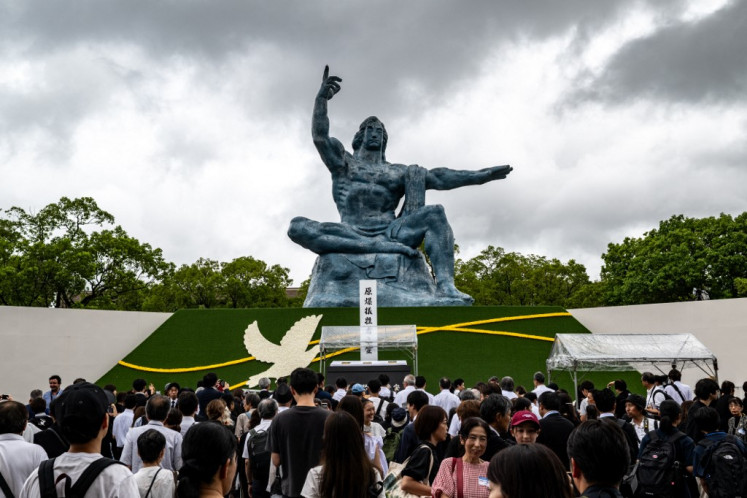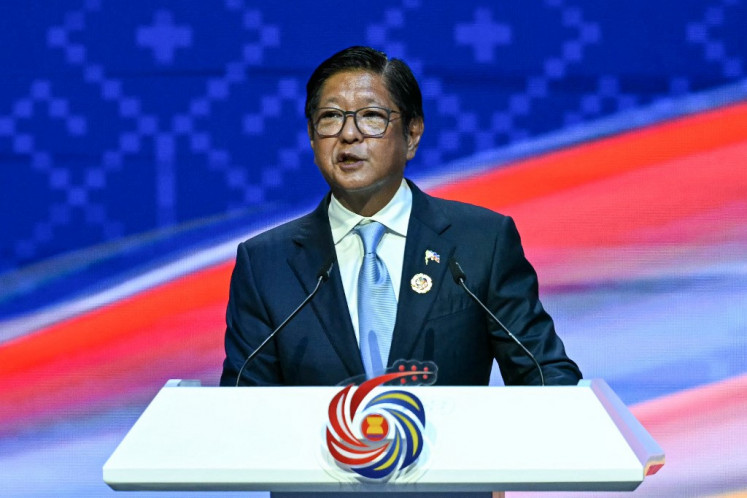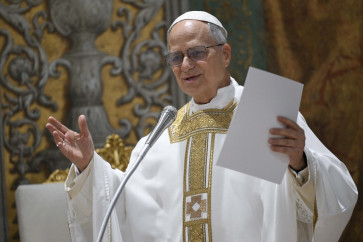Popular Reads
Top Results
Can't find what you're looking for?
View all search resultsPopular Reads
Top Results
Can't find what you're looking for?
View all search resultsThe Vatican's voice of reason on AI
AI raises questions about work, inequality and the human condition
Change text size
Gift Premium Articles
to Anyone
W
ith artificial intelligence (AI) knocking us from our bearings, many are wondering what place humans will have in a technological revolution that is already underway. Societies are dividing, economic models are faltering and politicians are fumbling. Yet amid the turmoil, a unique voice stands out: that of the Vatican.
I have just returned from Rome, where I took part in the Minerva Dialogues, meetings between theologians, thinkers from around the world, and tech leaders, particularly those from Silicon Valley. For nearly 10 years, the Holy See has been fostering a coherent dialogue on AI and cultivating in-depth reflection on an issue that too often generates binary positions.
As with climate change, the late Pope Francis had been keen to establish and engage in such a dialogue, and the efforts he launched have produced successive commitments to place “human beings at the center” of technological developments. This was the motto that underpinned his messages on topics of public concern, including in his address to the heads of state and government who gathered in Apulia last year for the G7 summit.
Francis worked both to deepen and to widen our perspective. He invited us to think critically about AI, cautioning about the risks, but also emphasizing its potential benefits for society.
Now, his successor, Pope Leo XIV, has reaffirmed this perspective. The new pope’s chosen name, Leo, harks back to Leo XIII, the author of the 1891 encyclical Rerum novarum, which is the founding text of the Church’s social doctrine, forged in the wake of the social upheavals unleashed by the industrial age. Leo sees a clear parallel between the circumstances facing his namesake predecessor and the contemporary challenges posed by AI. Since becoming pope, Leo has repeatedly called for an ethical and structural response to the technology.
At a time when industrialization was creating the working class and condemning many to poverty and exploitation, Rerum novarum, which can be translated as "On new things" or "On Innovation", sought to strike a balance. It drew a clear line between communism and capitalism, rejecting class struggle and recognizing private property as a natural right that allows people to enjoy the fruits of their labor. But it also condemned the concentration of wealth in the hands of a few industrialists, encouraged workers to form unions, and recognized a role for the state in providing social protection.
Rerum novarum marked a turning point in the life of the Church, which had previously sought to stand apart from many of the forces that modernity was unleashing. With Leo XIII’s encyclical, the Church articulated its own social doctrine, one that subsequently led to legislation protecting Sunday rest, the introduction of family allowances, the emergence of certain trade unions and ultimately the main concepts of Christian Democracy, which became a leading political force in postwar Europe.



















